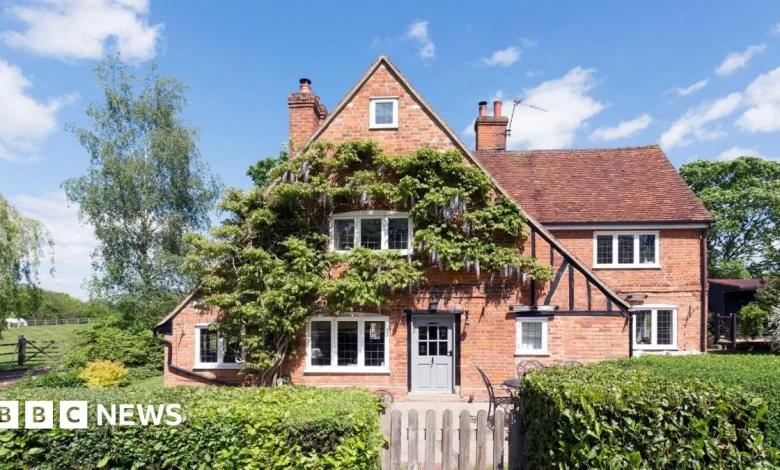Properties worth more than £2m in England face new tax

Responding to the Budget, the IFS said: “There’s a reasonable case for levying more high-value homes, but the design of this tax leaves much to be desired.”
The Treasury says it expects the measure to apply to fewer than 1% of properties in England.
Reacting to the announcement, estate agent Savills said it was “probably the least worst outcome for owners of prime property”.
It said the impact on the housing market would be “much less severe” than if an “open-ended mansion tax” had been introduced.
Savills said certainty over the issue was now likely to prompt an uptick in the housing market, and over the longer term act as an incentive for older home owners to downsize.
The Local Government Association urged the government to work with regional councils to address “practical concerns about how it would work”.
Cllr Pete Marland, the chair of the association’s resources committee, said any additional funding raised through council tax should be given to local authorities, adding that “we wait to see how government intends to use this funding to specifically support local services.”
“Council tax needs comprehensive, fair reform and local government is ready to work with government on this,” he said.
“This surcharge should not create confusion over accountability, with councils likely to be blamed for a charge that is not theirs.”





